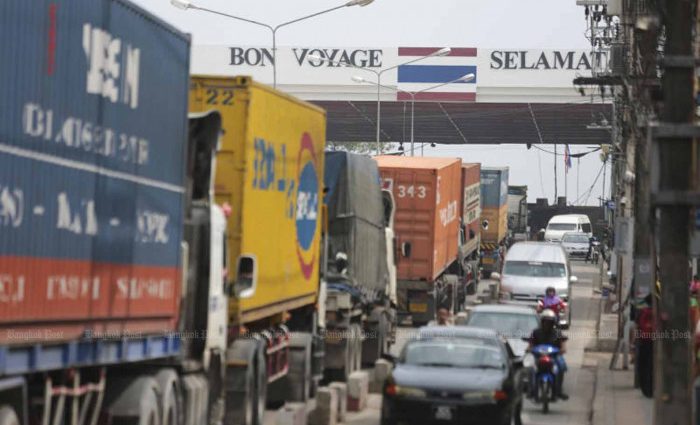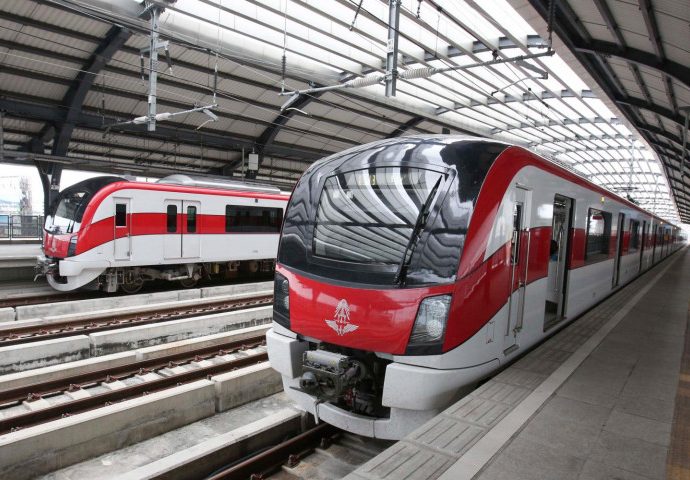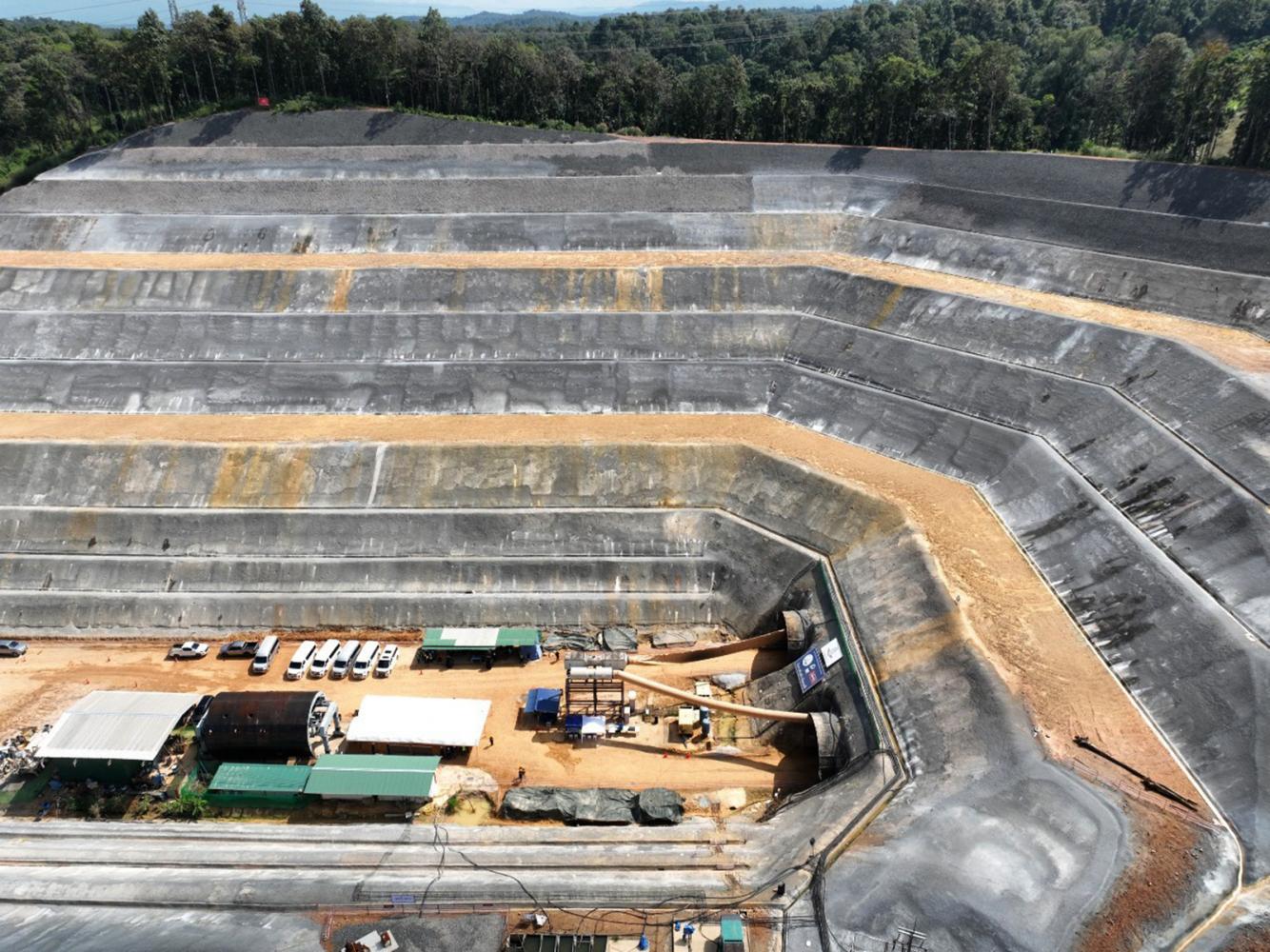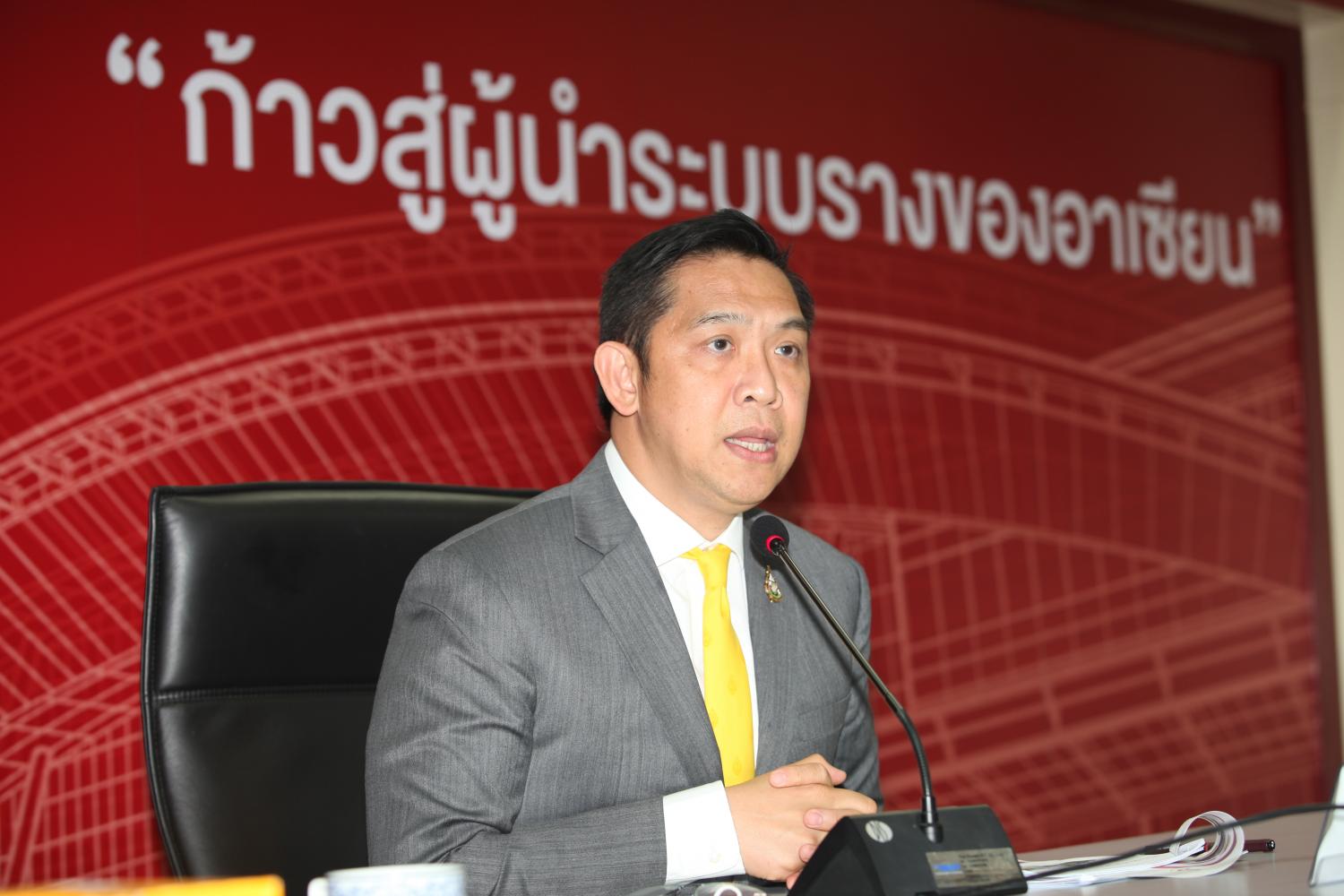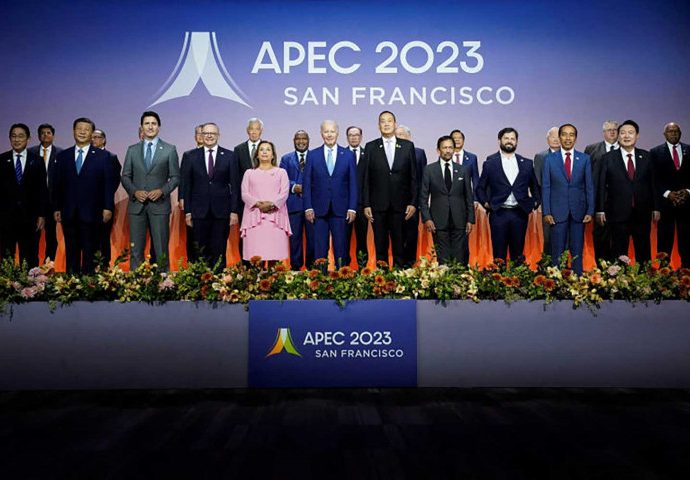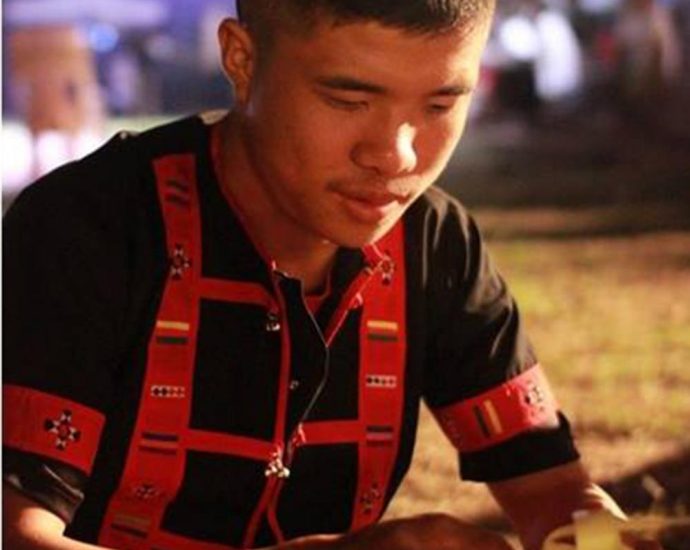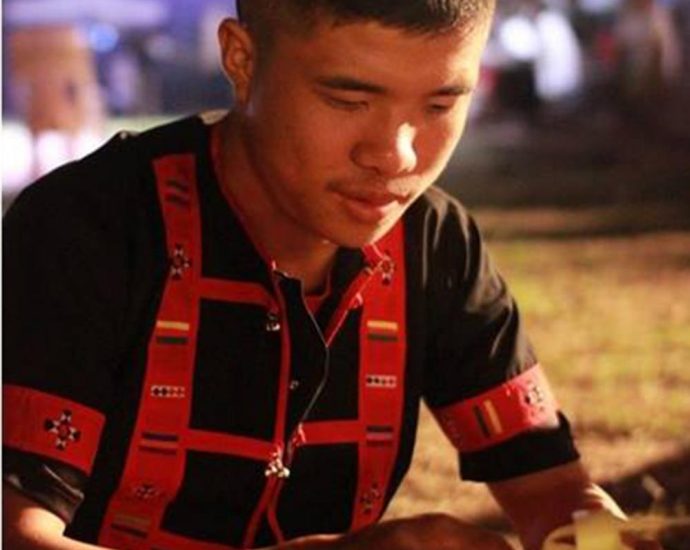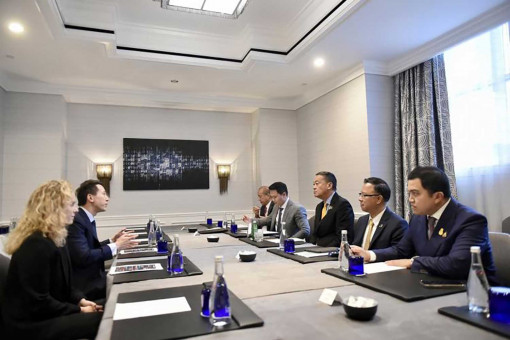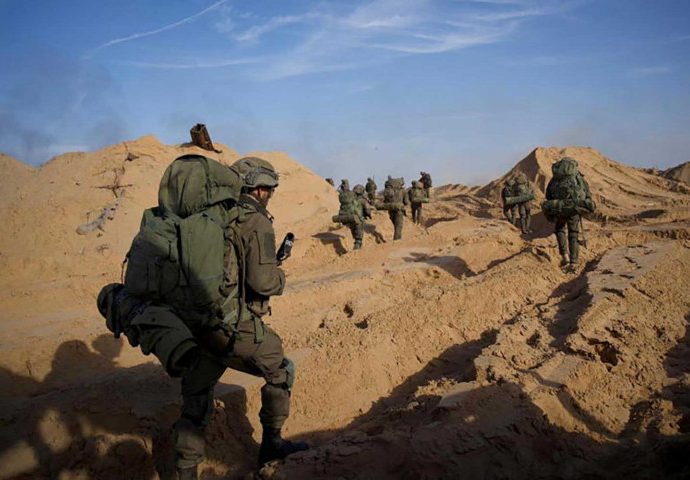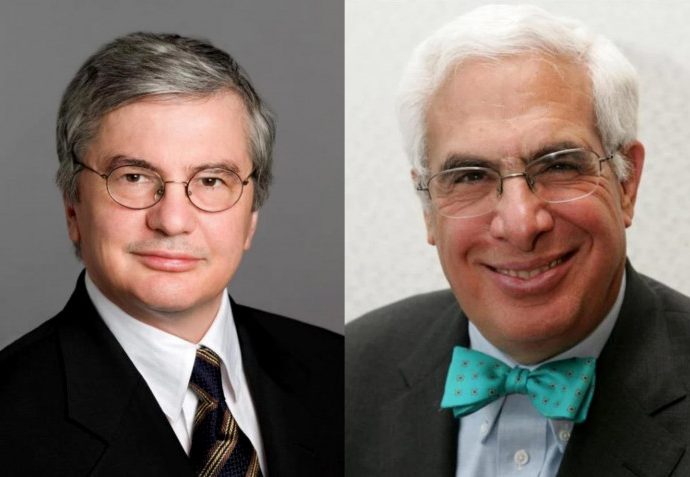Parallel checkpoints ‘can boost commerce’

PUBLISHED : 17 Nov 2023 at 08:28
SONGKHLA: Business operators in Sadao district have urged the government to consider opening the old Sadao immigration checkpoint in tandem with the new one, in a bid boost trade and tourism with Malaysia.
At least 300 operators from Baan Dan Nok in tambon Samnakkam discussed the matter on Thursday after rumours of the government’s attempts to close the Sadao checkpoint in favour of the new borderline checkpoint surfaced.
Baan Dan Nok, located next to Bukit Kayu Hitam in Malaysia’s Kedah state, is considered one of the biggest trading places on the border, said Hat Yai Songkhla Hotels Association president Sitthiphong Sitthiphatprapha.
However, on May 23, Thailand and Malaysia agreed to build a new checkpoint as well as a new road connecting the Sadao border checkpoint with Bukit Kayu Hitam to boost ties between the two countries. The new checkpoint is located about a kilometre away.
Mr Sitthiphong, a representative of the Baan Dan Nok business operators, said the government plans to open the new checkpoint without asking people or local business operators for their feedback or how it will impact their business.
The business operators agreed that opening the new checkpoint would have a hugely detrimental effect on the businesses in the area, he said.
He said the operators proposed the parallel operation of both, with the new one suggested to be used for trucks and the other for personal cars, as well as for the private sector in the Baan Dan Nok.
Nutcha Saetiaw, chair of the Rak Dan Nok Entrepreneurs Association, said there is no guarantee of stability once the checkpoint opens.
He cited by way of example the economic failure that ensued after old checkpoints were closed in Padang Besar, adding that no one wanted to see a repeat of such a situation.
The business operators will submit their proposal to the Songkhla governor, with the hope of having it passed on to Prime Minister Srettha Thavisin during his trip to Songkhla on Nov 27.

